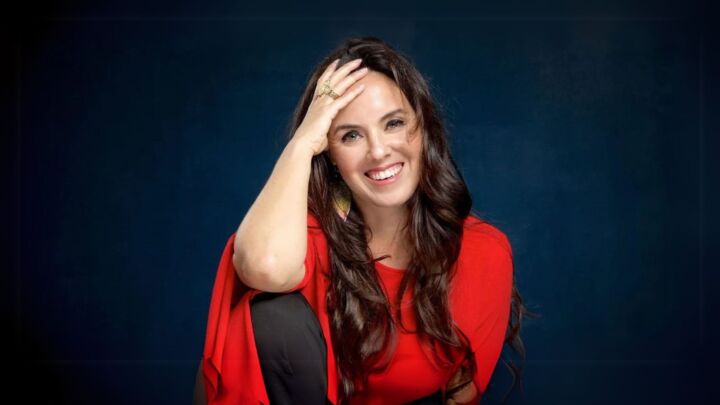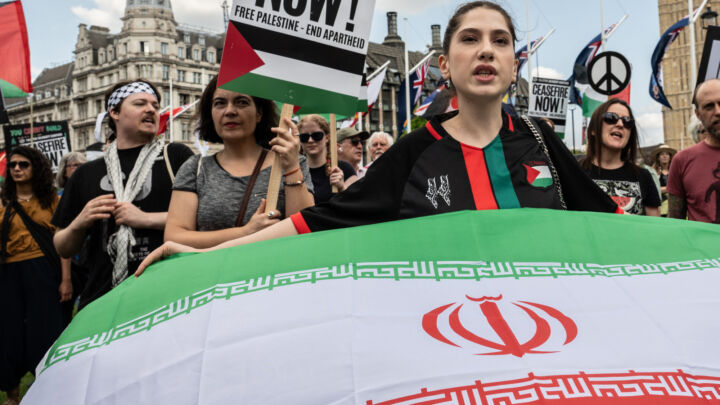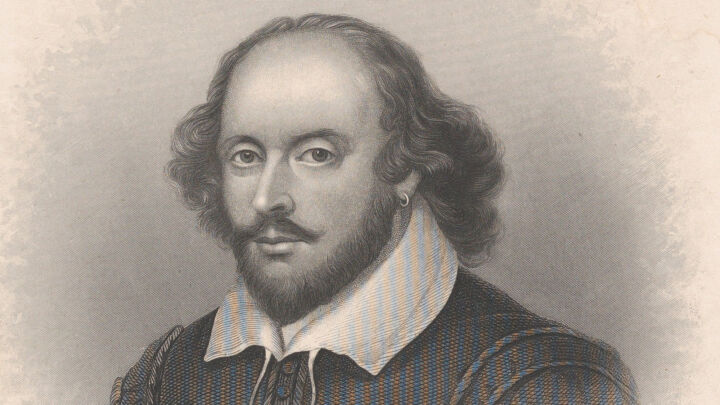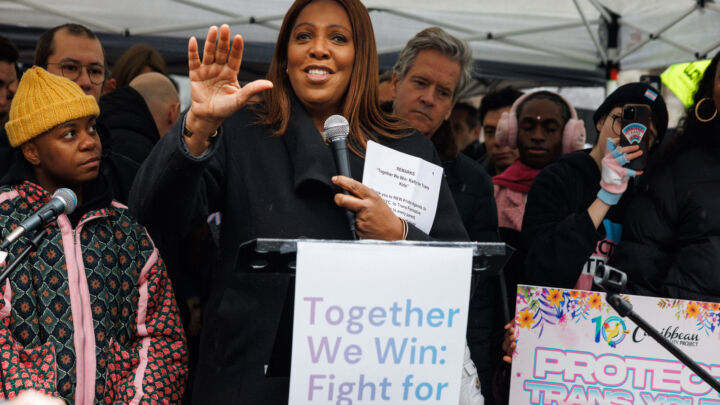Gogglebox: the most humanising show on TV
Those who think Britain is a splintered society should watch this heartwarming show.

Want unlimited, ad-free access? Become a spiked supporter.
In post-devolution, post-7/7 Britain, a popular narrative is that we live in a fragmented country; a land beset by corrosive multiculturalism and general disaffection; a land in which many Muslims live in a parallel world; a land in which many Scots, and middle-England UKIP supporters, feel utterly alienated and resentful towards the ‘liberal metropolitan elite’. London may seem like a city-state at times, but the capital is itself an assortment of villages, with their own class and ethnic idiosyncrasies – from billionaire Arabs in west London to Lithuanian immigrants in Barking to the white liberal enclave of Crouch End.
According to a recent article in The Times, half-a-million old people will be alone this Christmas, abandoned by families that consider them a burden. This is one manifestation of our defective family system. In our satellite TV, smartphone, on-demand era, we don’t even watch the same television programmes together at the same time any more. Or do we? One of the surprise hits of the past 18 months, which has confounded this narrative of a multi-fractured nation, has been Channel 4’s Gogglebox.
First aired in March last year, Gogglebox is a kind of real-life Royle Family, or a Big Brother without the cynicism and sniping. It features a host of families, couples and housemates passing judgement on whatever catches their eye in that week’s TV shows – whether it be the latest X-Factor hopeful, the Match of the Day theme music, the latest horrors in the Middle East, Russell Brand on Newsnight or Susanna Reid’s legs.
It’s ostensibly typical Channel 4 fare: cheap, gimmicky and impeccably diverse. We have a gay couple from Brighton, two black Britons in Brixton, north London Jews, pensioners in Liverpool, a female vicar in Nottingham, a Muslim family from Derby, inebriate toffs in Sandwich and (until the last series) a kind of music-hall cockney family in Clacton-on-Sea. There’s even a token German in the Wirral; Herr Ralf Woerdenweber, who is forever bemused by British culture.
What is ultimately striking, however, is not how different these families and couples are, but how similar. Irrespective of their background, they all squirm at the same lame-duck mover on Strictly Come Dancing, marvel at a stirring chanteuse on The Voice or nature scenes in a David Attenborough series, or collectively recoil in horror at the report of Vietnamese dog thieves. All the families laugh and cry together. They all josh, bicker, eat, drink, fart and talk politics. During an episode of 999: What’s Your Emergency?, they even reflect upon mortality.
As the Daily Telegraph’s Sarah Crompton has written: ‘The warm relationships these families display as they watch the box, struggle to find the remote control and drink their tea, acts as a potent counter to all those who fear that Britain has become a fragmented and unkind place.’
If the families on Gogglebox are not so different from each other, they are also not so different from us, the viewer – we, lounging in front of our sets, occasionally in a half-attentive stupor, debating programmes with neighbours on the sofa, or, at other times, hollering at the TV in momentary lapses of anthropomorphism.
Gogglebox normalises and humanises us. Baasit Siddiqui, whose Derby family is a Gogglebox fixture, has talked about being stopped by an elder member of his community who told him: ‘It’s really refreshing to see a group of Asians doing something this massively down to Earth.’ His father, Sid, remembers the first time he was recognised in public. ‘I was in the car park struggling to find change for the meter, and this guy said: “You’re from Gogglebox! We love it!” He offered to pay for the meter.’ Baasit was even dragged into a restaurant by a drunken hen party chanting ‘Gogglebox! Gogglebox!’.
While even the Daily Mail can coo over the ‘adorable gay friends Stephen and Chris from Brighton’, Steph Parker, one half of the dipso pair from Sandwich, recalls: ‘I met one lady who said that she used to hate posh people, but had changed her mind since watching us. That was nice!’ Gogglebox breaks down ignorance by putting a human face on otherwise anonymous social and ethnic categories.
Admittedly, there is a heavy element of artifice in Gogglebox. These families might not otherwise watch the same programmes were they not told to by the programme’s makers. And there are thousands if not millions who don’t even watch British television, let alone Strictly Come Dancing or the X-Factor. And, yes, Gogglebox’s teenagers invariably fiddle with their smartphones in front of the ‘big’ screen.
Yet the fact that Gogglebox itself commands an audience of three million is itself significant. No wonder the BAFTA-winning show has now gone international, with versions due to appear in China, Ukraine, Italy and, as announced last week, Australia. The programme in which we all watch other people watching TV also achieves that rare thing: being a postmodern endeavour endowed with sincerity and warmth.
For years, received wisdom had it that watching television was an alienating and anti-social pastime. In truth, as this Channel 4 programme demonstrates, it’s always had the capacity to be a communal activity, a family affair. Gogglebox proves there is an appetite for a shared national experience, for watching a show that tells us we in Britain have much more in common with each other than we feared.
Patrick West is a columnist for spiked.
£1 a month for 3 months
You’ve hit your monthly free article limit.
Support spiked and get unlimited access.
Support spiked – £1 a month for 3 months
spiked is funded by readers like you. Only 0.1% of regular readers currently support us. If just 1% did, we could grow our team and step up the fight for free speech and democracy.
Become a spiked supporter and enjoy unlimited, ad-free access, bonus content and exclusive events – while helping to keep independent journalism alive.
———————————————————————————————————————————–
Exclusive January offer: join today for £1 a month for 3 months. Then £5 a month, cancel anytime.
———————————————————————————————————————————–
Monthly support makes the biggest difference. Thank you.











Comments
Want to join the conversation?
Only spiked supporters and patrons, who donate regularly to us, can comment on our articles.